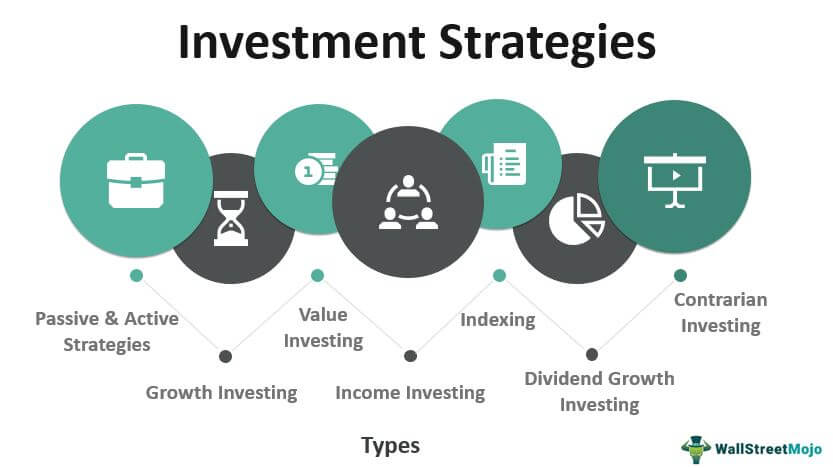Social media has become an integral part of our lives, influencing how we communicate, share information, and even perceive the world. As technology advances, so does the landscape of social media. This article explores what the future might hold for social media, focusing on key trends and potential changes.
The Rise of Augmented Reality (AR) and Virtual Reality (VR)
Augmented Reality (AR) and Virtual Reality (VR) are poised to revolutionize social media. These technologies promise immersive experiences, enabling users to interact with digital content in unprecedented ways. Imagine attending virtual concerts, exploring digital art galleries, or having meetings in virtual spaces—all from the comfort of your home.
AR filters are already popular on platforms like Instagram and Snapchat. In the future, we can expect more sophisticated applications. For instance, AR could transform online shopping by allowing users to try on clothes virtually. VR, on the other hand, could offer social platforms where users meet in virtual worlds, creating a sense of presence that current technologies cannot match.
Enhanced Personalization Through AI
Artificial Intelligence (AI) will play a crucial role in personalizing social media experiences. AI algorithms already suggest friends, content, and advertisements based on user behavior. As AI technology advances, these recommendations will become even more accurate and personalized.
Imagine a social media feed tailored specifically to your interests, hobbies, and preferences. AI could curate content that resonates with you on a personal level, making your social media experience more enjoyable and engaging. Moreover, AI could help in filtering out harmful content, creating a safer online environment.
The Shift Towards Private and Niche Communities
Privacy concerns and the desire for more meaningful interactions are driving users towards private and niche communities. Platforms like Facebook Groups and Discord have gained popularity as they offer more controlled environments for discussions. These platforms allow users to connect over shared interests without the noise of public social media feeds.
In the future, we can expect more platforms focusing on specific communities. These platforms will provide tools for better moderation, enhanced privacy, and tailored content. The rise of niche communities signifies a shift from the broad, public interactions of traditional social media to more intimate and focused discussions.
The Growing Importance of Social Commerce
Social commerce is the intersection of social media and e-commerce. Platforms like Instagram and Facebook already offer shopping features, allowing users to purchase products directly from their feeds. This trend is set to grow, with social media becoming a major sales channel for businesses.
In the future, we can expect more seamless integration of shopping features. AI-powered recommendations, AR try-ons, and in-app purchases will make social media a one-stop shop for consumers. This shift will create new opportunities for businesses, allowing them to reach customers in more interactive and engaging ways.
The Impact of Regulation and Ethics
As social media grows, so do concerns about data privacy, misinformation, and ethical usage. Governments worldwide are implementing regulations to address these issues. For example, the European Union’s General Data Protection Regulation (GDPR) has set stringent guidelines for data privacy.
In the future, we can expect more regulations aimed at protecting users. These regulations will influence how social media platforms operate, ensuring they prioritize user safety and ethical practices. Platforms will need to adapt by implementing stronger data protection measures, transparency in algorithms, and robust content moderation policies.
The Evolution of Influencer Marketing
Influencer marketing has become a significant part of social media, with brands leveraging influencers to reach their target audiences. This trend will continue to evolve, with influencers playing an even more critical role in marketing strategies.
In the future, we can expect more collaboration between brands and influencers. Micro-influencers, who have smaller but highly engaged followings, will become more valuable. Authenticity will be key, with users gravitating towards influencers who genuinely connect with their audiences. Additionally, AI will help identify the best influencers for specific campaigns, ensuring more effective and targeted marketing efforts.
The Role of Blockchain in Social Media
Blockchain technology, known for its decentralization and security features, could transform social media. Platforms like Steemit and Minds already use blockchain to reward users for content creation. This approach challenges the traditional ad-based revenue model of social media.
In the future, blockchain could offer more transparent and fair systems for content monetization. Users could have greater control over their data, deciding who can access it and how it is used. This shift could lead to more ethical and user-centric social media platforms, fostering trust and engagement.
Conclusion
The future of social media is both exciting and complex. With advancements in AR, VR, AI, and blockchain, social media platforms will become more immersive, personalized, and secure. The shift towards private communities and social commerce will change how we interact and shop online. As regulations evolve, platforms will need to prioritize ethical practices and user safety.
These changes present both opportunities and challenges. While new technologies offer enhanced experiences, they also require careful consideration of privacy and ethical implications. The future of social media will depend on finding a balance between innovation and responsibility, ensuring that these platforms continue to enrich our lives in meaningful ways.




